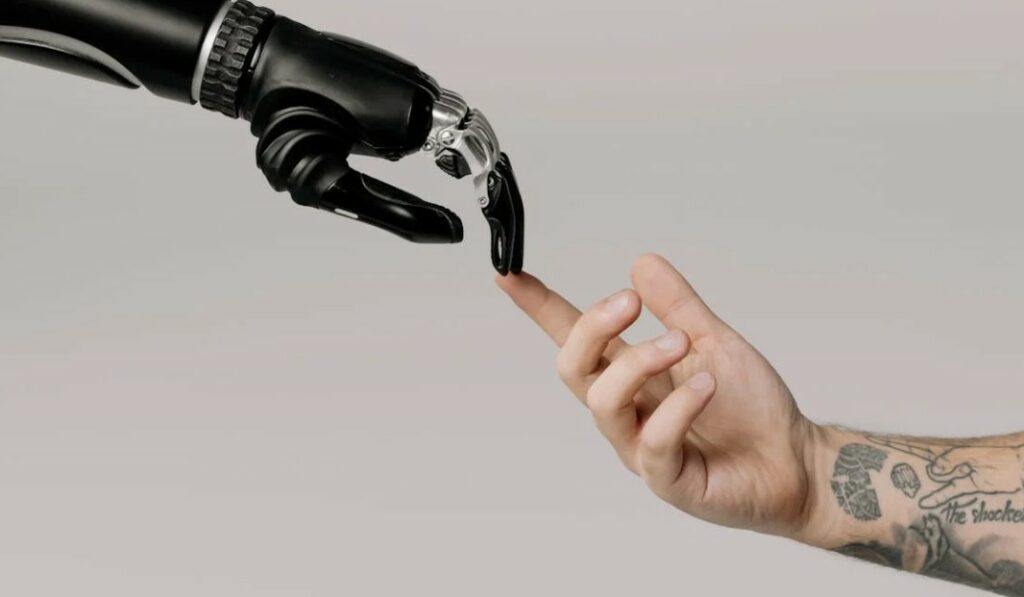In this article we will discuss 3 Pressing Challenges On The Horizon For AI Industries.
It’s fair to say that AI and its associated companies have shaken the corporate world in many different ways and only in a few short years. Now, many companies have at least a minor AI variant in their products or use it as at least a minor part of their workflows. The results can vary, with some companies choosing to discontinue trials for now, and others considering future use.
No matter what, however, it’s inevitable that all levels of the industry, from the developers to the consumer, all have a front row seat to see how AI develops. That includes the challenges and benefits most likely to arrive. But what are the challenges on the horizon for AI industries, outside the dramatic and cinematic broad strokes about its “effect on humanity?” It’s an interesting topic, because while the latter is beyond the scope of this article, the foremost notion may help us decide how to interact with it. Let’s explore that, below:
Copyright Issues
AI models are trained on huge amounts of data scraped from the internet, and unfortunately, a fair amount of that content belongs to someone who never gave permission for it to be used this way. Artists, writers, photographers are all now watching their work get fed into systems that can then produce similar output, and the legal battles around this are piling up as a result.
Companies building these models are arguing that training falls under fair use, but courts haven’t settled that question yet and it’s going to take years to sort out. If the rulings go the wrong way for AI companies, they might have to rebuild their models from scratch using only licensed content, which would be expensive and slow everything down. Copyright isn’t going away as an issue, and how it gets resolved will shape what AI can and can’t do moving forward in ways that matter to everyone using these tools.
Scouring Its Own Online Content To Train
AI is starting to train on content that other AI systems have already created, and that creates a feedback loop where the quality gets worse as a result. Moreover, if a model learns from text or images that were generated as opposed to those made by a human, it picks up on the patterns and mistakes of the previous system, and those errors compound with each generation.
This is already happening online, where AI generated articles and images are flooding websites and getting mixed in with human created content. Future models won’t be able to tell the difference, and they’ll train on both, which means AI companies need to filter out poor input. Checking for inter rater reliability becomes harder when the data itself is corrupted, and companies are going to have to figure out how to filter out synthetic content or find new sources of clean data if they want their models to stay useful.
Overexpectation
People expect AI to do more than it can right now, and companies are partly to blame for overpromising what the technology is capable of. You hear about AI that can write entire books or replace whole departments, but the reality is messier and the results are often not good enough to use without heavy editing or oversight, and sometimes, like with the release of GPT-5, iterations can seem less impressive than expected.
If the gap between what’s promised and what gets delivered grows more, some will stop trusting AI features altogether. Businesses that rush to add AI without making sure it works well are setting themselves up for backlash from users who feel like they were sold something that doesn’t live up to what was promised. This is on businesses of course, but the the foundational development teams are going to shoulder a lot of that passed blame.
These challenges promise to shake and shape how AI development plays out. Be sure to stay here for all your AI news!
If this has been helpful, then please also subscribe to our Youtube channel – Our Technology Planet for more exciting stuff and videos.
Haider Khalid
Latest posts by Haider Khalid (see all)
- Getting The Best Deal For A Vintage Car - December 10, 2025
- Smart Ways to Save When Buying Your Next Car - December 9, 2025
- What Steps Should You Take When Purchasing A New Car? - November 27, 2025
